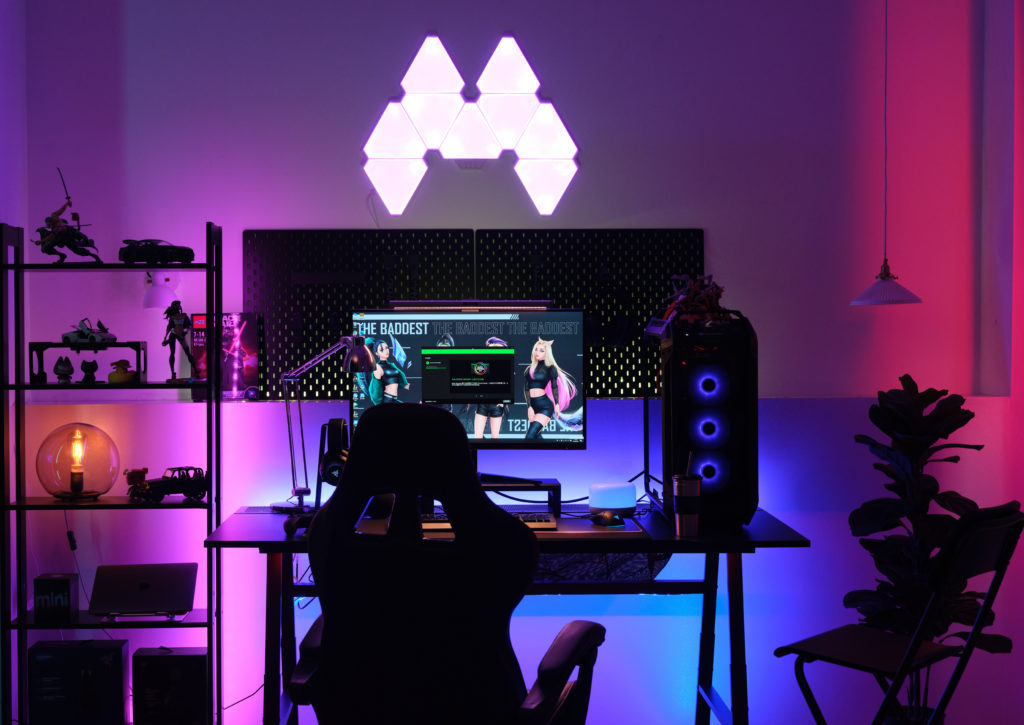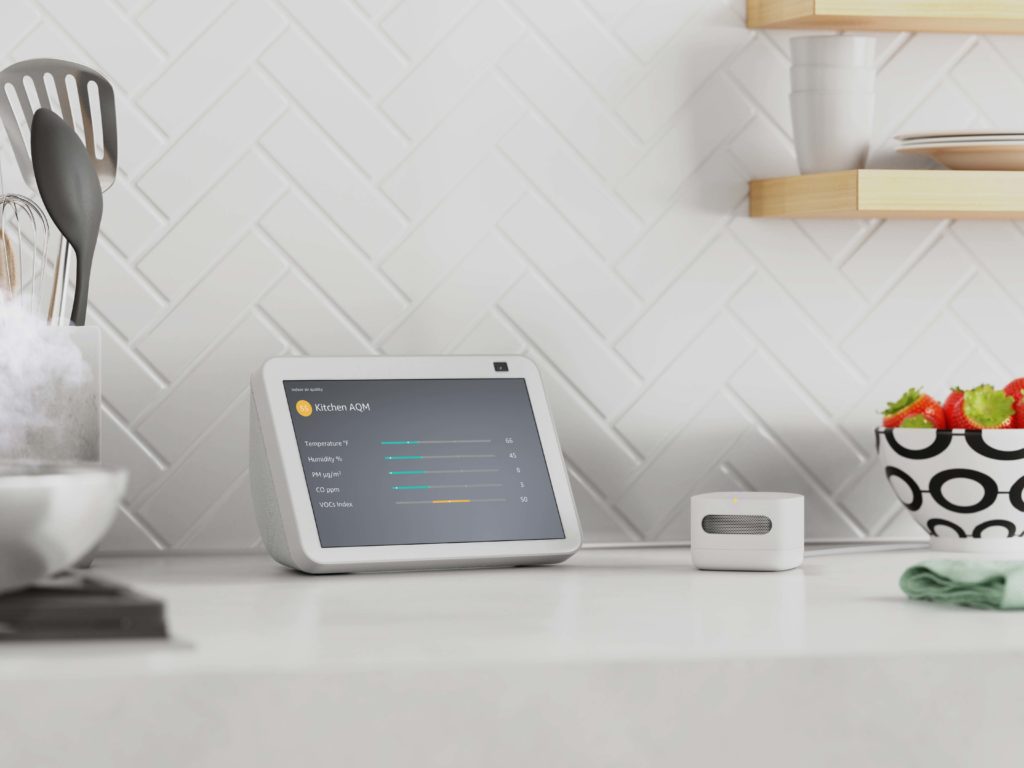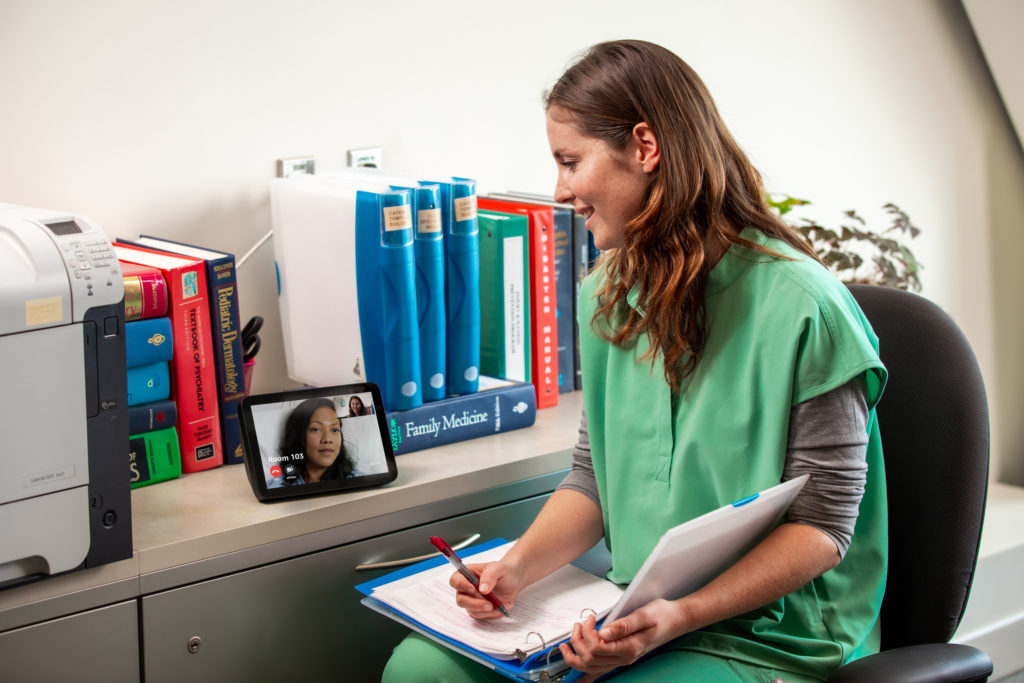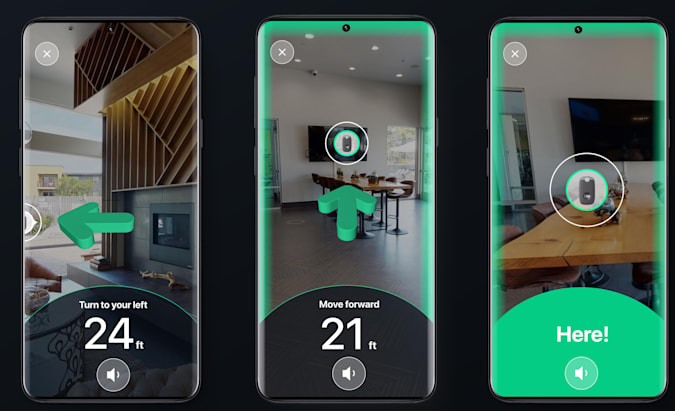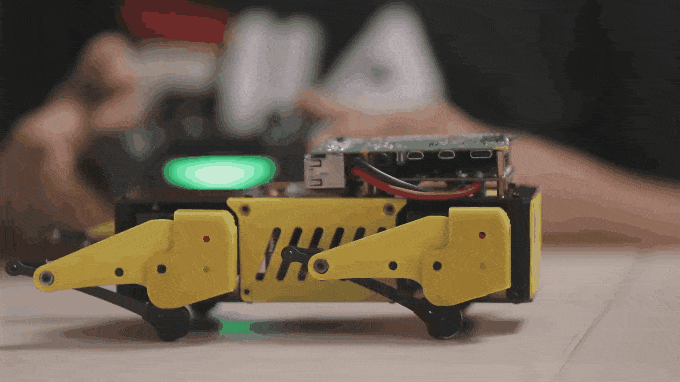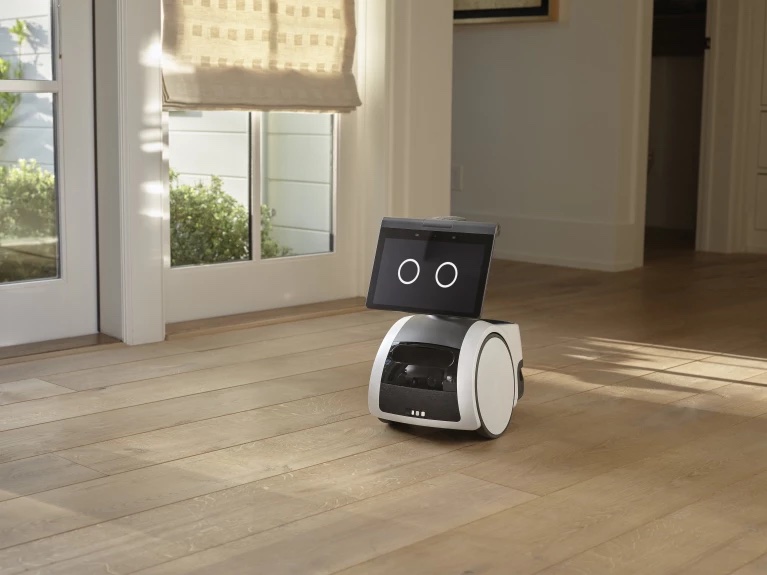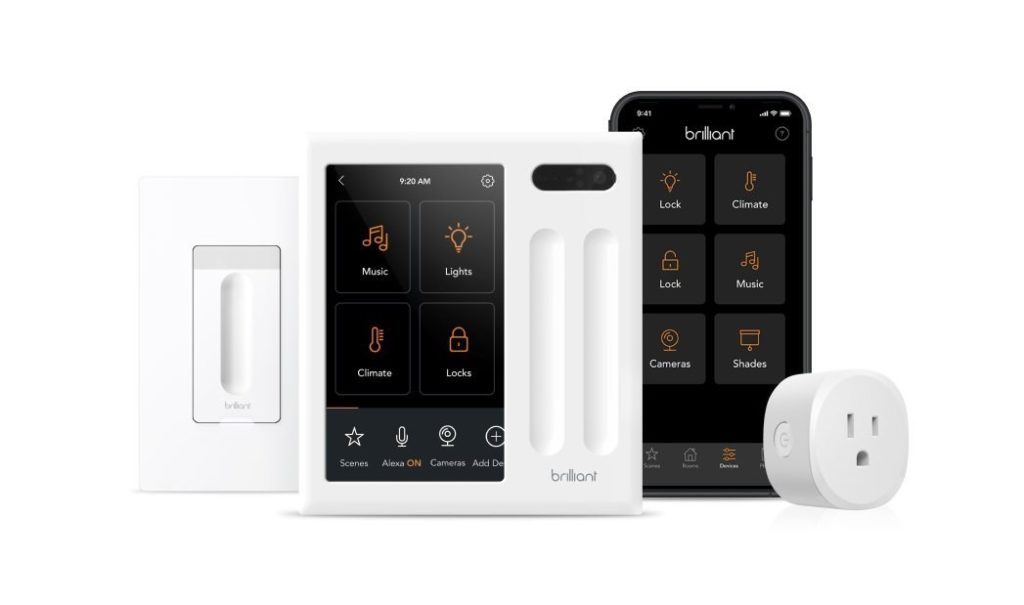This week’s show kicks off with a bunch of IoT-related news from Amazon’s re:Invent conference happening this week in Las Vegas. We cover the launch of a fleet management service, a digital twin service, an easy way to securely connect hardware to Amazon’s cloud, a way to manage massive robot deployments, and the launch of three analytics services that are now serverless. We then discuss new funding for Ember and its plans for that money before highlighting one of the most consumer-friendly device shutdowns I have ever seen from Schneider Electric. Because every yin has a yang, we also covered Owlet’s decision to stop selling its baby-monitoring sock after the FDA called it out for misleading marketing. In smaller news, Twinkly’s smart holiday lights now support HomeKit, the Raspberry Pi Trading Group has hired bankers to possibly go public and the UK passed a cybersecurity law aimed at smart devices that will fine manufacturers for poor security practices. Also, Allegion Ventures has created a second fund with $100 million for IoT companies. We end the show by answering a listener’s question about keeping teenagers from turning off all the lights in a home.
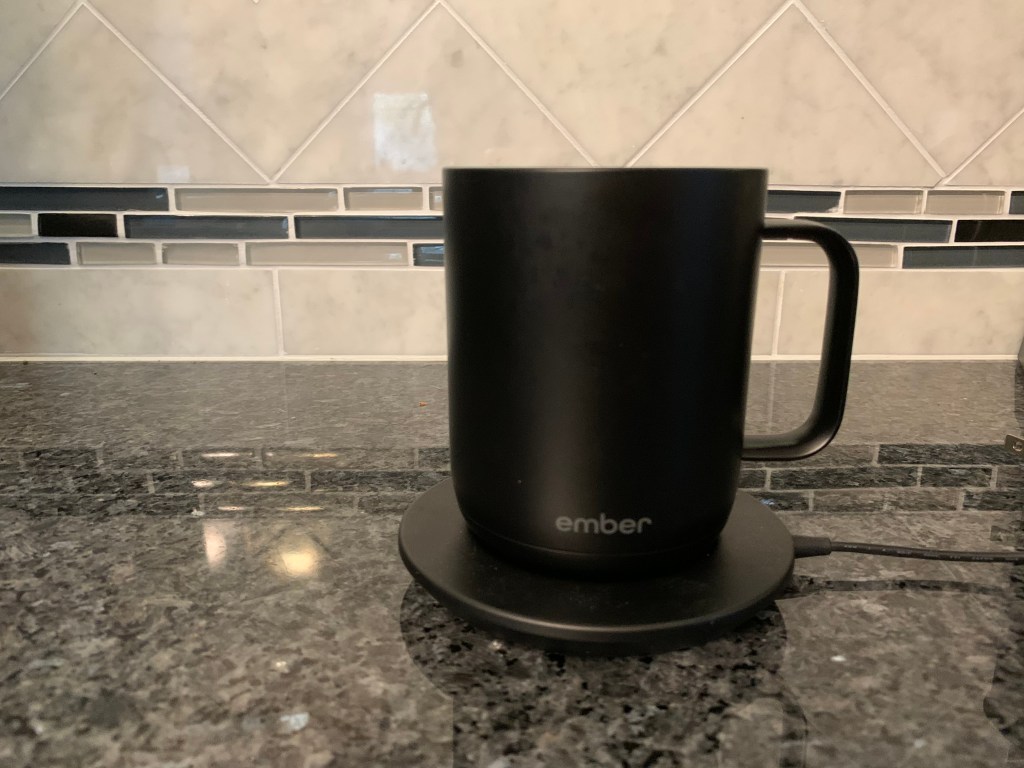
Our guest this week is Alicia Asin, the co-founder and CEO of Libelium, which this week launched its own cloud service. She is on the show to talk about Libelium’s shift from making hardware sensors for the IoT to building a complete IoT platform that includes devices, connectivity, and the cloud. She also shares her perspective on the changes in the marketplace over the last decade and then in the last two years with the pandemic. Finally, she discusses her future plans for Libelium, which include several acquisitions in the coming 24 months as Libelium adds consulting services that require industry expertise. She talks about what verticals make sense and more in this interview. Stay tuned!
Hosts: Stacey Higginbotham and Kevin Tofel
Guest: Alicia Asin, the co-founder and CEO of Libelium
Sponsors: Twilio and Juniper Networks
- Amazon re:Invent has lots of IoT news so far
- Schneider Electric deserves an award for its Wiser thermostat shut down
- Will the FDA crack down on companies selling digital snake oil?
- As the IoT matures, having a platform matters
- Why Libelium plans on buying up smaller IoT firms
Podcast: Play in new window | Download | Embed
Subscribe: RSS

